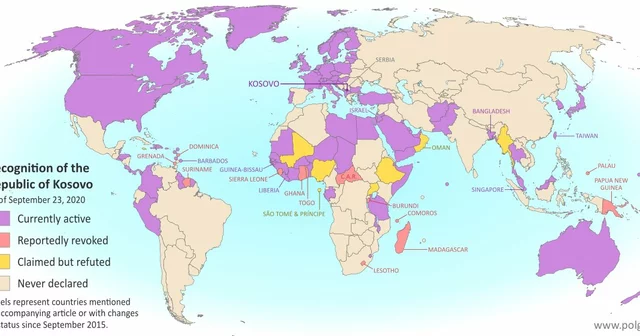Exploring the Impacts of Tourism on the Greek Economy
Tourism has been a major source of income for Greece for over 50 years. According to the Greek Ministry of Tourism, the tourism industry contributes approximately 18% of the country's GDP and is responsible for over 1.2 million jobs. With an estimated 40 million visitors each year, it's no surprise that the Greek economy has become increasingly reliant on tourism as a source of revenue.When tourists come to Greece, they often spend money on hotels, restaurants, transportation, and souvenirs. This influx of money helps to boost the economy and creates jobs. In addition, the government also benefits from the taxes imposed on tourism-related activities. The Greek government collects tax revenues from things like hotel stays, restaurant meals, and souvenir purchases. This money is then used to fund public services and infrastructure projects.
Not only does tourism generate income for the government, but it also benefits the local communities. Tourists often bring new business opportunities to the area, as well as new cultural experiences. This helps to provide jobs and stimulate the local economy.
Tourism is an important source of income for the Greek economy, but it also has its drawbacks. With increased tourism comes increased environmental damage, as well as overcrowding in some areas. The government is taking steps to manage the influx of tourists and reduce the negative impacts of tourism.
Overall, tourism has had a positive effect on the Greek economy. It has helped to create jobs, generate income for the government, and bring new business opportunities to the local communities. With the proper management and regulation, tourism can continue to be a beneficial source of income for the country.
Examining the Financial Benefits of Tourists Visiting Greece
Greece is a popular tourist destination, attracting millions of visitors each year. This influx of visitors has a huge impact on the Greek economy, as tourists tend to spend their money on food, accommodation, experiences, and more. But how much do tourists contribute to the Greek economy?To answer this question, it is important to look at the total amount of money spent by tourists in Greece each year. According to the World Travel and Tourism Council, tourists spent a total of €18.5 billion in Greece in 2019. This is a huge amount of money, and it is easy to see how this money contributes to the Greek economy.
In addition to the direct money spent by tourists, there are also indirect benefits to be considered. For example, tourists may create jobs in the tourism industry, which helps to stimulate economic growth. Tourists may also help to boost local businesses, as they often buy goods and services from local vendors. This, in turn, helps to create more economic opportunities and can help to reduce poverty.
Overall, it is clear that tourists play an important role in the Greek economy. They bring in a significant amount of money each year, and they also create indirect benefits such as job creation and boosting local businesses. By understanding the financial benefits of tourists visiting Greece, it is possible to better appreciate the impact that tourism has on the country’s economy.
Understanding the Economic Benefits of Tourists to Greece
Greece is one of the most popular tourist destinations in the world. Every year, millions of visitors flock to the country to experience its ancient ruins, stunning beaches, and vibrant culture. But what exactly do these tourists bring to the Greek economy?To start with, tourists bring in a huge amount of foreign currency. This money is used to support the country’s local businesses and create jobs. Tourism is estimated to account for 18% of Greece’s GDP, which is a huge contribution.
Tourism also helps to create jobs in the services sector. These jobs include tour guides, hotel staff, restaurant and bar workers, and more. This in turn helps to create more economic activity as more people have money to spend.
In addition, tourists bring in a lot of money for the Greek government. This is in the form of taxes, such as VAT and hotel taxes. This money is then used to help fund public services, such as hospitals and schools.
Finally, tourists help to promote Greek culture. They bring in a diverse range of ideas and experiences, which helps to foster cultural exchange and understanding. This can have a positive impact on the country’s reputation and can encourage people to visit in the future.
Overall, tourists have a huge impact on the Greek economy. They bring in valuable foreign currency, create jobs, and help to fund public services. It’s clear that they are an important part of the country’s success.



